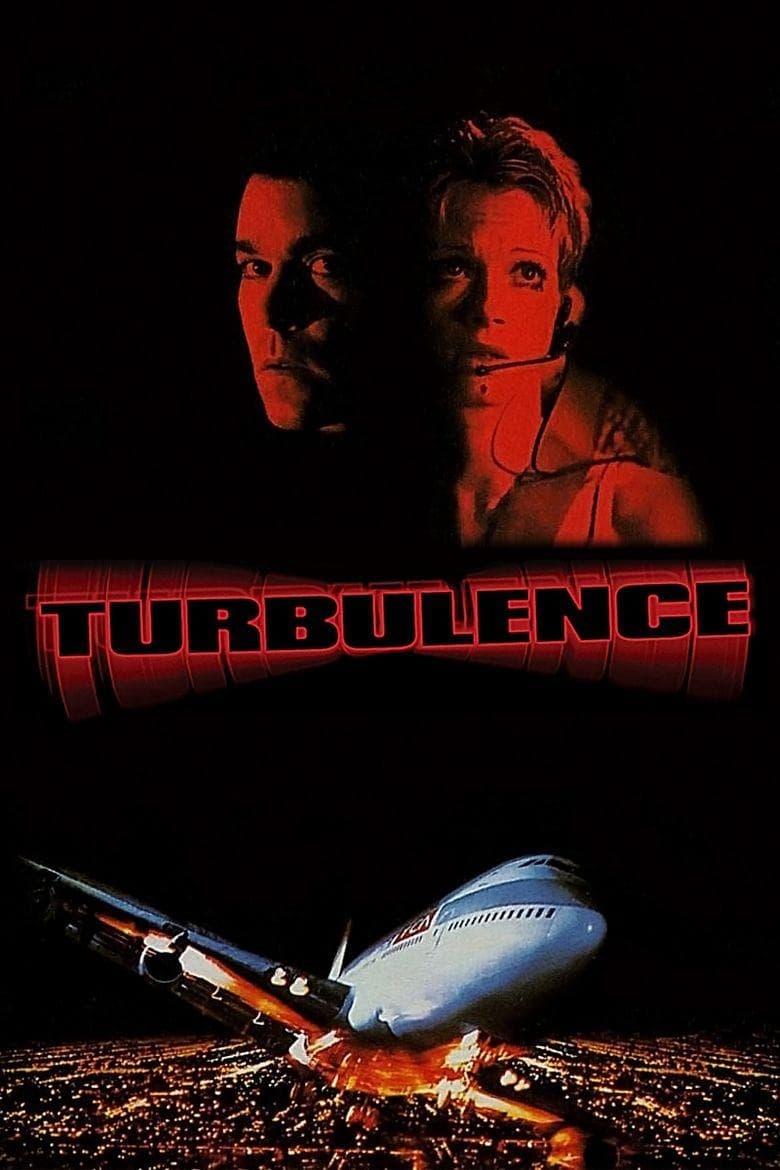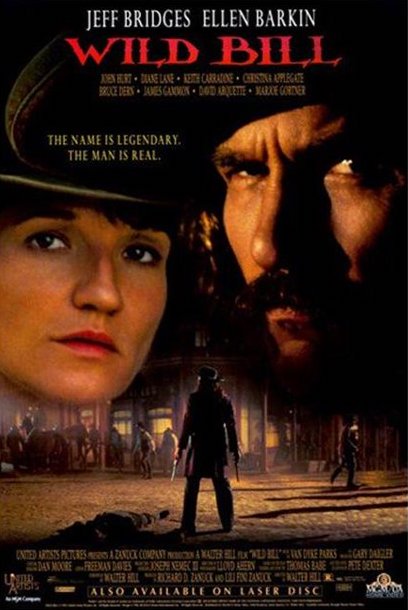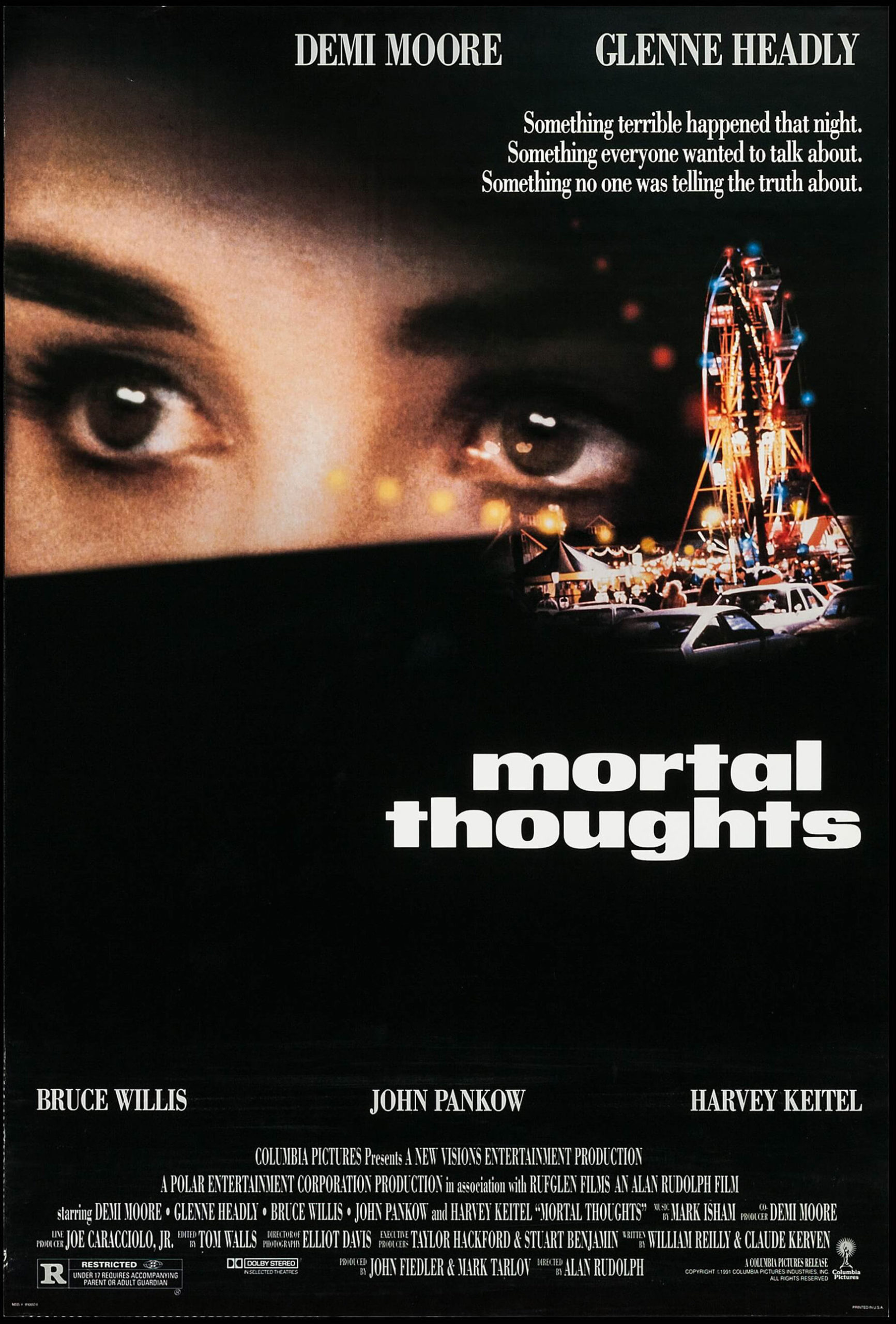I Wake Up Streaming | June 2022
Movies
In this edition of “I Wake Up Streaming,” novelist William Boyle rounds up his top streaming picks for the month of June. The column’s name is a play on the 1941 film I Wake Up Screaming, starring Betty Grable, Victor Mature, and Carole Landis. While the film’s title hits a pleasing note of terror and despair, changing that one letter speaks to the joy of discovering new films and rediscovering old favorites, as well as the panic that comes with being overwhelmed by options.
Turbulence (Prime Video)

I considered dedicating this whole installment of my column to Ray Liotta movies in the wake of his untimely death. If you’ve ever read anything I’ve written or even talked to me, you know he was a favorite of mine, starring in all-timers like Goodfellas, Something Wild, and Cop Land as well as underappreciated gems like Narc, Unforgettable, Killing Them Softly, and recent future classics No Sudden Move and The Many Saints of Newark. Liotta had an incredible presence. Along with James Gandolfini, Steve Buscemi, and John Turturro, he’s always been a saint of my imagination, one of those actors I automatically picture inhabiting my characters when I’m writing fiction. Those dazzling eyes. That hard-edged face. He’s an actor you always believed, yes, and he had a certain timelessness: he could’ve been a star in 1930 or 1950 or 1970. A thing that doesn’t get discussed enough when it comes to Liotta was his range. He’s mostly remembered for his roles as gangsters and dirty cops, but he could be incredibly funny—as demonstrated in Observe and Report and Hubie Halloween—and he had a fearlessness that recalls late-era Dennis Hopper. Turbulence is one of those mid-nineties action movies that felt redundant at the time (theaters were bogged down with riffs on Die Hard and Speed), but it’s aged incredibly well, thanks in part to Liotta’s off-the-wall performance. It’s interesting to think that Liotta, like Nicolas Cage, worked with John Dahl and Martin Scorsese in the nineties and threw himself fully into roles like this. Here he plays Ryan Weaver, a murderer being transported on a flight to Los Angeles with another dangerous convict, a gaggle of FBI agents, a handful of regular folks, and the flight attendants and pilots. Lauren Holly plays Terri Halloran, a flight attendant at first charmed by Weaver and then manipulated by him. It’s a batshit wild movie, dumb fun, featuring memorable supporting turns from Brendan Gleeson, Hector Elizondo, and Rachel Ticotin. If you’re tuned into a certain kind of nineties action thriller and want a little bit of Christmas in June, this is a movie that lots of folks seem to have missed along the way. Liotta brings great joy and irreverence to his lunatic character. If I could’ve written a movie at fourteen or fifteen, with no knowledge of planes or pilots and little knowledge of criminals and cops, it would’ve been exactly like this.
Wild Bill (Prime Video)

Walter Hill is one of my favorite directors, but it’s been a while since I revisited his 1995 take on the legend of Wild Bill Hickok. Hill has made many knockout Westerns—The Long Riders; Extreme Prejudice; Geronimo: An American Legend; Broken Trail; and the Deadwood pilot (which covers some of the same territory as Wild Bill)—and this feels like the least revered of the bunch. Based in part on Pete Dexter’s excellent novel Deadwood (which was not the basis for David Milch’s show), Hill’s movie probably suffers from comparisons to both. It’s a spare and melancholy memory piece. Jeff Bridges’s Bill is full of anger and resentment and regret. His eyesight going, he’s busy looking back, wondering when the road will run out. He’s a survivor, but he’s survived himself right into a dead end. The flashback scenes are shot in gauzy black-and-white. Hill’s muscular architecture benefits the overall effect. There’s nothing purple here, nothing majestic or epic; it’s a ground-level indictment of legend and myth. A human take on Wild Bill, burdened by the same pains and afflictions that so many suffer from. The supporting cast is terrific: Ellen Barkin as Calamity Jane (though it is, admittedly, hard to shake Robin Weigert’s Deadwood Jane, the best there has ever been or will ever be); Diane Lane as Bill’s long-lost love Susannah Moore; John Hurt as Charley Prince; Keith Carradine as Buffalo Bill Cody (he’d go on to play Wild Bill in Deadwood); Christina Applegate as Lurline; Bruce Dern as Will Plummer; James Remar as Donnie; and James Gammon as California Joe. I’ve left out one performance—David Arquette as Jack McCall, Wild Bill’s murderer—because I was conflicted by it. As I was rewatching the movie, I found Arquette cloying and obnoxious and too modern, but the more I think about it, the more appropriate—and even powerful—his performance seems. It’s a movie that deserves to be revisited and reevaluated. The book I’m most looking forward to this year is my friend Walter Chaw’s A Walter Hill Film: Tragedy and Masculinity in the Films of Walter Hill, and I can’t wait to read his take on Wild Bill, which is indeed infused with a tender and tragic vision of masculinity and myth.
Language Lessons (HBO Max)

A late addition to my favorite films of 2021. As a fan of Mark Duplass, I’ve been wanting to see this since it was released last fall. It’s been streaming on HBO Max for a few weeks, but I’ve been putting it off for some reason or another. I finally sat down and watched it and was blown away. Co-written by Duplass and Natalie Morales, directed by Morales, and starring them both, it’s as compelling as a movie that spans several video conferences between two people can be. In fact, to describe it as a movie set over Zoom (or some Zoom alternative) feels reductive. Morales plays Cariño, a language teacher living in Costa Rica. Duplass is Adam, a wealthy man in Oakland whose husband has bought him a year’s worth of Spanish lessons from Cariño. Adam is fairly fluent and wants to use the virtual class time having conversations that will allow him to brush up on and improve his Spanish. Over a series of meetings, we learn who these characters are—their pain, their regrets, their desires, their losses—and a friendship is built, at first reluctantly on Cariño’s part. It’s beautiful and simple and funny and touching, steering clear of bad roads. Duplass is always good, and he’s at his heartfelt best here. But Morales is a total goddamn revelation. She gives one of my favorite performances in recent memory, and I can’t wait to see what she does next as a director (her first directorial effort, Plan B, also released last year, is next in my queue).
Mortal Thoughts (Tubi)

Alan Rudolph is another favorite director of mine, and I’ve been revisiting his whole filmography this year. I often say that Rudolph, more than just about any other director, makes movies that are on my wavelength. Remember My Name, Choose Me, Trouble in Mind, Equinox, Love at Large, Trixie, and Ray Meets Helen—each a beautiful blend of noir and screwball and melodrama—have had a huge impact on my creative vision. His filmography also features period-piece stunners like The Moderns, Mrs. Parker and the Vicious Circle, and Intimate Affairs. His least successful movies are as ambitious and personal as his most successful (though, I’d argue, there are only two or three whiffs in the entire bunch). Mortal Thoughts is one I’ve wanted to revisit for a while now, and it’s finally available to stream on Tubi. It was likely my first Rudolph, many years before I became a massive fan. I came to it, no doubt, crushing hard on Demi Moore after seeing The Seventh Sign and Ghost. In many ways, this is Rudolph’s most straightforward crime picture, a psychological thriller that stays rooted in grungy realism. While it toys with noir conventions, it does so less dramatically than his “hip-pocket movies” Trouble in Mind, Equinox, and Love at Large. Mortal Thoughts, like Wild Bill, has a present that serves as a means of looking back. Moore plays Cynthia, who is being interrogated by Harvey Keitel’s Detective John Woods and Billie Neal’s Detective Linda Nealon in a New Jersey police station. Cynthia’s best friend, Joyce (a memorable turn from Glenne Headly), the hairdresser she works with and for, has been accused of murdering her husband, James (a grimy and gross and goateed Bruce Willis), and Woods and Nealon want the true gen. As Cynthia unravels the tale, we live in flashbacks, getting to know abusive James and fed-up Joyce and watching Cynthia skirt the edges of their destructive relationship until she slams head-on into a situation she can’t escape. There are a million ways a movie like this could drive off a ledge, but with Rudolph in control, it avoids them all. Instead, we get a picture that’s morally complex, multidimensional, and challenging. Tonally and aesthetically, it feels like a Springsteen song, like the characters from “The River” with their darkness levels amped up to eleven. For my money, this is Moore at her absolute best. The Australian label Imprint recently put out a neo-noir collection box set featuring Mortal Thoughts alongside masterpieces like One False Move, Rush, and After Dark, My Sweet. Like those other early-nineties gems, it’s hard-nosed and evocative and powered by a complicated vision of humanity.
William Boyle is the author of the novels Gravesend, The Lonely Witness, A Friend Is a Gift You Give Yourself, City of Margins, and Shoot the Moonlight Out, all available from Pegasus Crime. His novella Everything Is Broken was published in Southwest Review Volume 104, numbers 1–4. His website is williammichaelboyle.com.
More Movies


